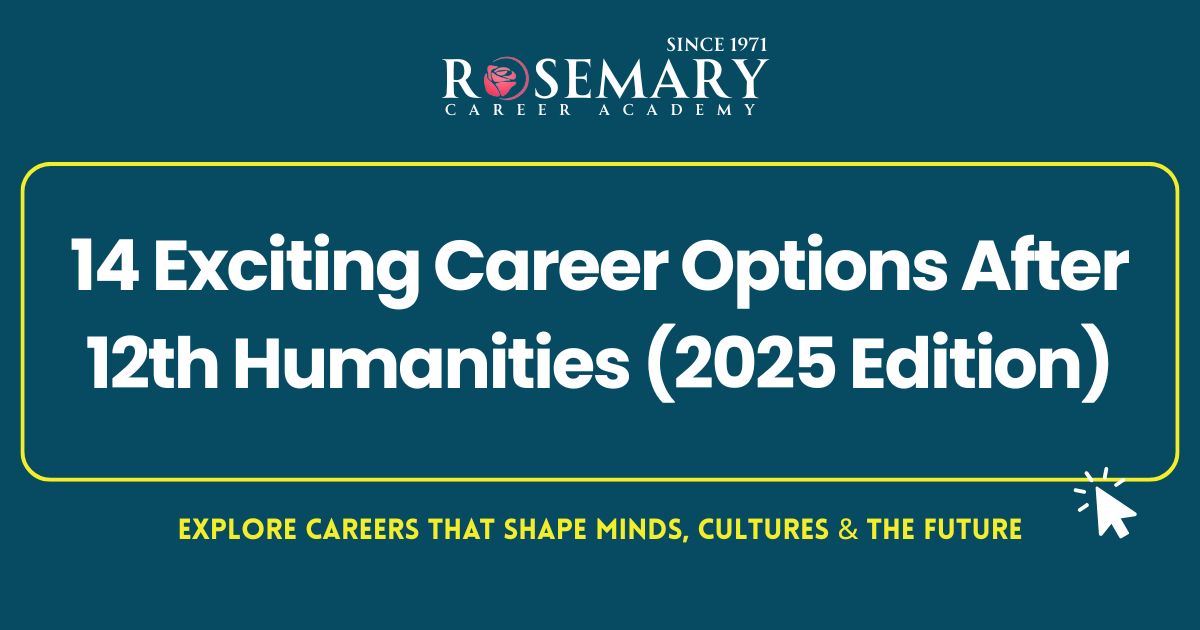Understanding Economic Policy in a Global Trade Era: Why Nations Aren't Corporations
Key Lessons for Students, Educators, and Policy Thinkers on Global Economics

In an age where global trade and national economic decisions are deeply interconnected, it is critical to dispel common myths and simplify complex ideas for meaningful learning. Drawing from insights by Nobel Laureate economist Paul Krugman and recent economic trends, this post presents core principles that help us better understand economic policymaking, especially in the context of trade and globalization.
1. A Nation is Not a Business
Unlike corporations, countries operate with multiple goals beyond profit. As Paul Krugman highlights, economic policies cannot be managed like corporate strategies. Leaders must understand macroeconomic dynamics instead of applying business analogies to national policies. CEOs without economic expertise often misjudge the implications of global trade decisions.
2. Monopoly Power Distorts Fair Trade
Global giants like Microsoft, IBM, and Exxon often use their market dominance to influence policies that benefit their positions. This power can skew competition, making it hard to enforce antitrust regulations effectively. It also leads to unequal advantages in international trade and domestic markets.
3. Trade Expands the Pie
International trade is not a zero-sum game. Every participating country benefits through expanded markets, specialization, and shared innovation. The idea that one country must “win” while another “loses” is outdated and misleading. Trade creates value for all.
4. The Colonial Hangover
Protectionist trade policies are often rooted in outdated, colonial-era thinking. They emerge from nationalism or fear of foreign competition rather than modern economic logic. In today’s interconnected world, cooperation, not isolation, drives progress.
5. Tariff Wars Backfire
Recent examples, such as the U.S. tariff policies under the Trump administration, have shown that tariff wars often lead to increased market volatility and disruptions in global supply chains. The result? Economic uncertainty and inflationary pressure.
6. The Triffin Dilemma: Why the U.S. Runs Trade Deficits
The U.S. dollar is the world’s primary reserve currency. To supply the global economy with dollars, the U.S. must run trade deficits. This structural reality, known as the Triffin dilemma, underscores the complex role the U.S. plays in global liquidity.
7. Trade Deficits Aren't Always Bad
Contrary to popular belief, the U.S. trade deficit reflects its dominance in high-value sectors like technology, finance, and services. A trade deficit isn’t a sign of weakness; it’s often a sign of strong domestic demand and a dynamic economy.
8. Metrics Can Mislead
Economic performance isn’t accurately measured by trade surpluses or deficits alone. A nuanced view of productivity, innovation, investment, and services is essential to understand a country’s economic health.
9. Policy Must Reflect Complexity
National economic policies should not mimic household budgeting or corporate strategies. Policymakers must understand the interconnectedness of global economies and avoid simplistic, populist narratives.
Conclusion: Reimagining Economic Thinking in Classrooms and Policy Forums
At Rosemary Institute, we encourage our students and learners to question assumptions, understand the broader context of economic decisions, and think critically about trade and policy. Nations require visionary, evidence-based strategies—not quick fixes inspired by business logic.
Understanding the fundamentals of macroeconomics, trade theory, and international finance is essential for the next generation of global citizens.
Connect
With Us Today!
Confused About Your Career After Graduation?
Get Expert Career Counseling at PathFinder& Training at RankEdge – A Unit of Rosemary Career Academy
Official Website: www.rosemaryinstitute.com
App: Rosemary – The Learn & Grow App
WhatsApp Channel (General): Learn & Grow
WhatsApp Channel (Career): Pathfinder – Career Guidance
Location: Rosemary Campus, Rosemary Lane, Begum Bagh, Meerut, Uttar Pradesh
Contact: +91-9557840404, 9456040404
Email: rosemaryinstitute@gmail.com
Latest Posts
Counseling Guide for Humanities Students
Career Options After 12th Humanities
Psychology Careers & Scope: Understanding Minds, Shaping Futures
Indian Air Force Agniveer Vayu Intake 02/2026 Online Form
Career Opportunities in Nutrition & Agri-Tech
Enquiry Form
“Creating Leaders for Tomorrow”
“Our achievers are the foundation of our journey. Their relentless dedication and perseverance inspire us to push boundaries and achieve new heights. Every success story is a testament to the power of passion and hard work, reminding us that with determination, nothing is out of reach.”






